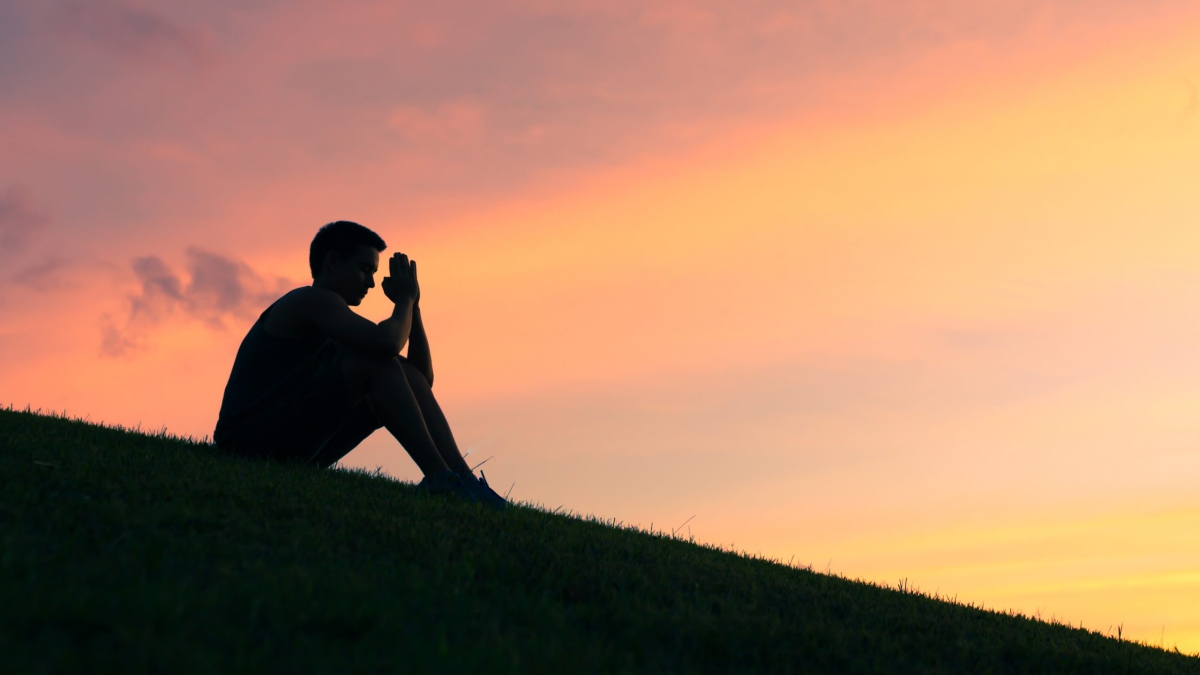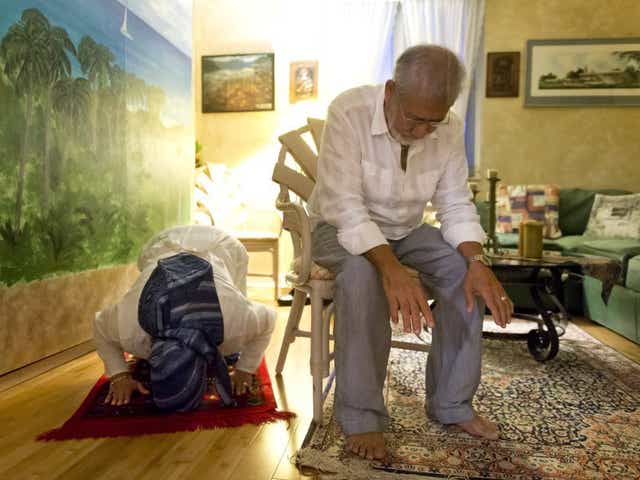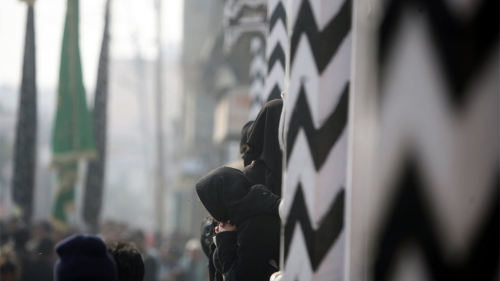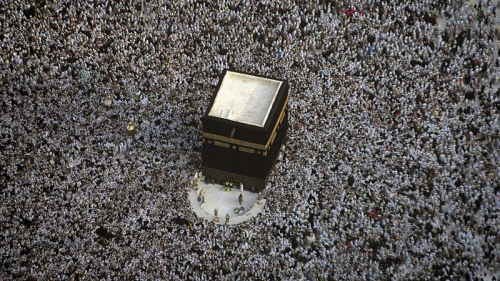Ramadan: Time To Review How All Religions Can Spark Spiritual Renewal, Love

A growing number of Americans today don’t identify with a religion.
I reflect upon this trend as I observe a pillar of my Islamic faith in Ramadan — a month of fasting from dawn until sunset.
Pew Research Center reports: “Religiously unaffiliated people have been growing as a share of all Americans for some time.” A Gallup poll affirms that growth: 47% of Americans now say they are members of a house of worship, compared to 70% in the mid-1990s and 50% in 2019.
Those who don’t identify with any religion are called “nones,” as opposed to those who classify as Jews, Christians, Muslims, Buddhists, Hindus and Sikhs. Nones now exceed the number of evangelicals and Catholics in the United States.
In a different Pew Research survey, I learned: “Americans have become less religious in recent years by standard measures,” but the share of people across a wide variety of religious identities who say they often feel a deep sense of spiritual peace and well-being — as well as a deep sense of wonder about the universe — has risen.”
In addition, many Americans today describe their religious identity as “spiritual but not religious.”
Then the question arises: Is it not the role of a traditional belief system to strengthen spiritual awareness?
Ramadan provides me with that opportunity.
A month-long devotional exercise helps renew and deepen spiritual connection to mind and body through God consciousness, which’s the essence of fasting. All faiths prescribe some form of fasting to discipline mind and body. Empty stomach identifies with the needy — to be charitable, humble and merciful.

The goal is also to fast from the evils of speech, hearing, thoughts, sight and actions. In this lunar month, I decided to abstain from social media as well — a bonus. The regiment is designed to transform mind, heart, outlook, actions and habits. Thirty days of self-discipline out of 365 days is an annual wellness program.
The most common reason in the Pew study for distancing from organized religion is how religion is taught — with emphasis on dogmas and rituals, rather than values and benefits of its practices on people’s spiritual wellness. Absence of such teaching from the pulpit explains the rising popularity of spiritual mindful meditation, among secular and religious alike.
Extremism in religion is another reason why many stopped identifying with organized religion, especially when some use it to demonize the “other” and promote divisions — contradicting the image of a “Loving God.” News of violence inspired by religion is another factor.
Religion isn’t the problem; not living and practicing its moral imperatives is. People turn away from extremist views of preachers who promote and justify political divisions and maintain silence about racial or social injustices against a neighbor.
Judaism, Christianity and Islam emphasize “Love thy Neighbor,” no matter who the neighbor is — such church, synagogue mosque and temple teachings are a solution for our challenging times. A good neighbor is expected to practice the best moral values taught in their tradition — a good practitioner of any faith also makes a good neighbor.
A Freedom from Religion Foundation TV commercial promotes "unabashed" opposition to religion — claiming to uphold the Founding Fathers' intent to keep church and state separate. That may be a fair claim, but the fact is the pledge of allegiance to our Republic proclaims: “One Nation Under God.” Houses of worship play a critical role in our communities.
As someone active in inter-religious partnerships on the Treasure Coast, I can’t imagine the decline of religious institutions. Churches and other religious groups feed the hungry, shelter the homeless, promote civil and religious liberty, and offer needed counselling, especially during this pandemic. As religious groups shrink, those benefits and services may disappear.
The Pew study says: “While Americans still believe in God, a growing number have dropped out of organized religion.”
If they are to retain their flock and reverse the declining trend, religious leadership must adapt and offer that inner peace their congregants seek — deliver sermons that feed the soul and promote universal core values of equality, justice, charity and stewardship.
Victor Begg is a Muslim community activist and interfaith leader who lives in Fort Pierce. His latest book is “Our Muslim Neighbors — Achieving the American Dream; An Immigrant’s Memoir.”
( Source: TC Palm, USA Today Network )
Topics: American Muslims, Fasting (Sawm), Interfaith, Ramadan, Religion, Social Justice, United States Of America Values: Charity, Gratitude, Humility, Love, Mercy, Spirituality
Views: 1587
Related Suggestions

















